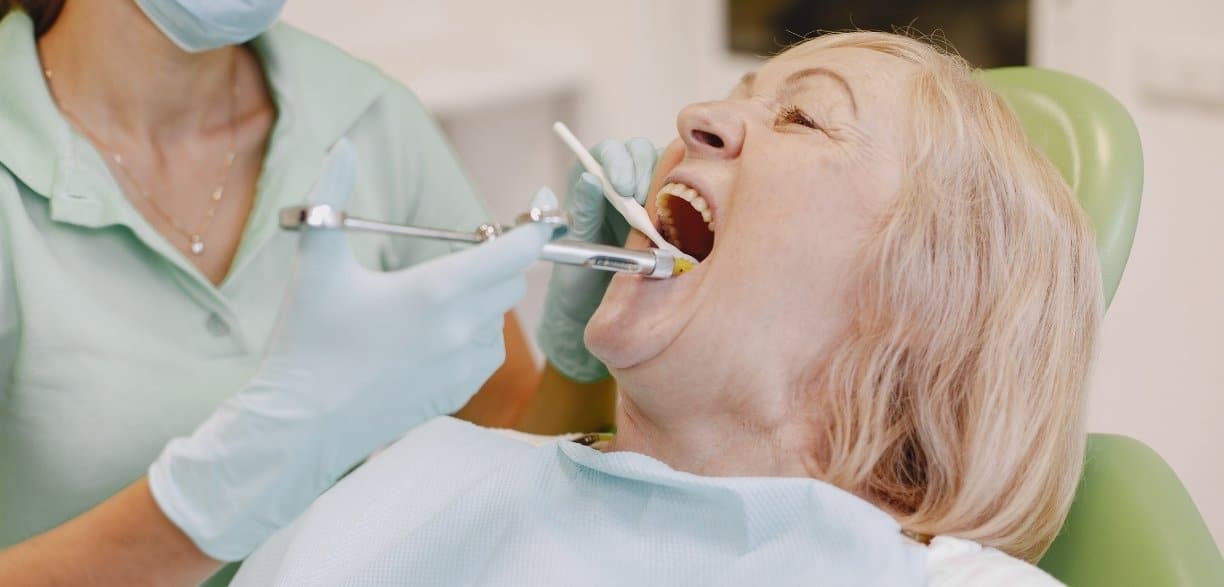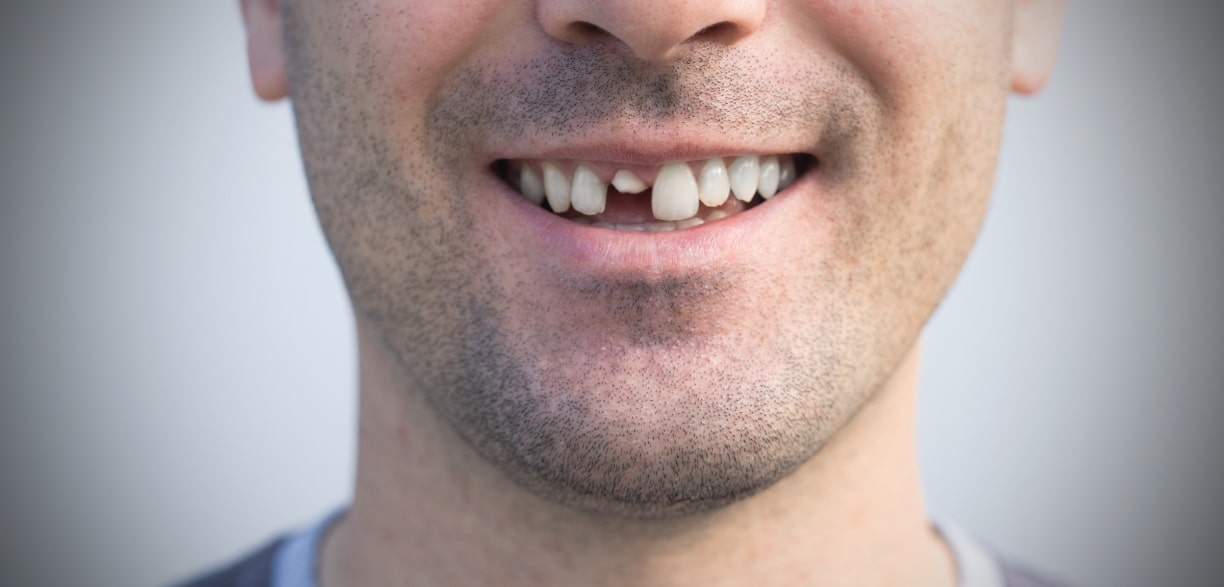
Dental emergencies can strike unexpectedly, and in such moments, every second counts. Knowing what to do can make all the difference, whether it’s a severe toothache, a knocked-out tooth, or bleeding gums. Immediate action can prevent further damage, minimize pain, and protect oral health. This blog will explore when you need urgent dental care and why contacting an emergency dentist immediately is crucial.
Understanding Dental Emergencies
A dental emergency is any situation that requires immediate attention from a qualified emergency dentist in Encino. Common dental emergencies include knocked-out teeth, severe toothaches, broken or cracked teeth, and injuries to the gums. Delaying care can result in long-term damage, infections, or even tooth loss.
Why It’s Important:
- Prompt treatment can prevent infections and irreversible damage.
- It ensures the best chances for saving your tooth.
Recognizing the severity of a dental issue early on can help you respond effectively and quickly.
Signs You Need Emergency Dental Care
Specific symptoms are clear indicators that you need to seek urgent care. For instance, intense tooth pain that doesn’t subside could signal an infection or an abscess. If a tooth gets knocked out, the best chances for saving it depend on how quickly you can get to an emergency dentist.
Why It’s Important:
- Intense pain can signal underlying issues like infections.
- Quick action increases the likelihood of saving a tooth.
Other signs to watch include severe swelling, excessive bleeding, or a cracked tooth that causes discomfort.
What to Do If You Knock Out a Tooth?
Acting fast is critical if you lose a tooth due to an accident. First, try to recover the tooth by holding it by the crown (not the root). Rinse it gently with water to remove debris, but avoid scrubbing. Place the tooth back into the socket if possible, but never force it.
Why It’s Important:
- Replacing the tooth quickly can help your dentist reattach it.
- Quick action reduces the risk of permanent tooth loss.
If replanting the tooth is impossible, store it in milk or saliva and contact an emergency dentist immediately.
Handling a Severe Toothache
Tooth pain can range from mild to excruciating and result from various causes. If you experience severe tooth pain may be due to an infection, cavity, or abscess. While waiting to see the emergency dentist, over-the-counter pain relievers like ibuprofen can help ease the discomfort.
Why It’s Important:
- Severe toothaches often require prompt treatment to avoid complications.
- Pain can indicate a severe underlying issue, such as an abscess.
Contact an emergency dentist immediately to avoid further damage and relieve the pain.
What to Do for a Broken or Cracked Tooth
A cracked or broken tooth can cause discomfort and lead to further damage. If you experience this, rinse your mouth with warm water to clean the area. Applying a cold compress can help reduce swelling and pain. Avoid chewing on the affected side until you can see the emergency dentist.
Why It’s Important:
- Delaying treatment can result in tooth loss or severe infection.
- Immediate care helps preserve the tooth structure.
Your emergency dentist may be able to repair or restore the broken tooth, reducing the need for more extensive treatments.
Why You Should Contact an Emergency Dentist Immediately
An emergency dentist is trained to handle urgent situations that require immediate attention. Whether addressing a painful toothache or saving a knocked-out tooth, professional care is essential. Dentists have the skills and tools necessary to treat the issue properly and prevent further complications.
Why It’s Important:
- Emergency dentists are available to handle urgent situations quickly.
- They have the expertise to minimize pain and prevent further damage.
Getting the care you need right away ensures the best possible outcome for your oral health.
Preventing Future Dental Emergencies
While you can’t always predict dental emergencies, you can take steps to prevent them. Wearing a mouthguard during physical activities can protect your teeth from injury. Regular dental checkups can identify potential problems early, allowing for timely intervention.
Why It’s Important:
- Preventive measures reduce the risk of unexpected dental issues.
- Regular visits to the dentist catch issues before they escalate.
Practicing good oral hygiene and taking protective measures can reduce the likelihood of future dental emergencies.
Act Fast for Better Oral Health
Dental emergencies are stressful, but prompt action can prevent significant damage and pain. Whether it’s a knocked-out tooth, severe pain, or a broken tooth, the sooner you reach an emergency dentist, the better the outcome. Stay calm, follow basic first aid steps, and contact your dentist immediately. Every moment matters regarding urgent dental care, so don’t delay seeking professional help.



